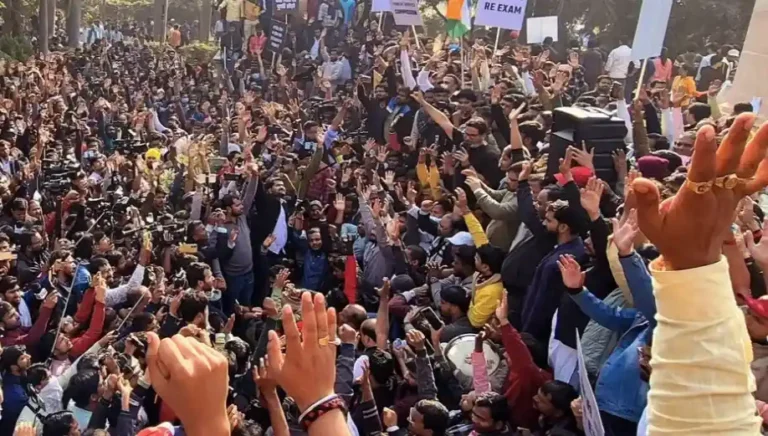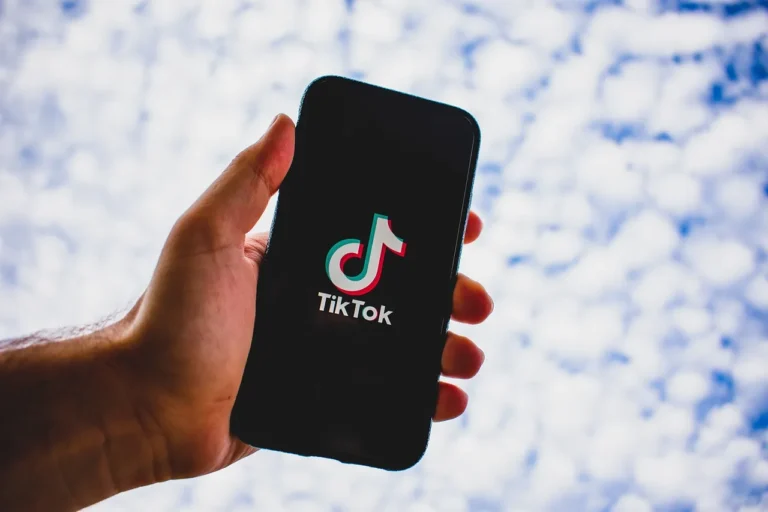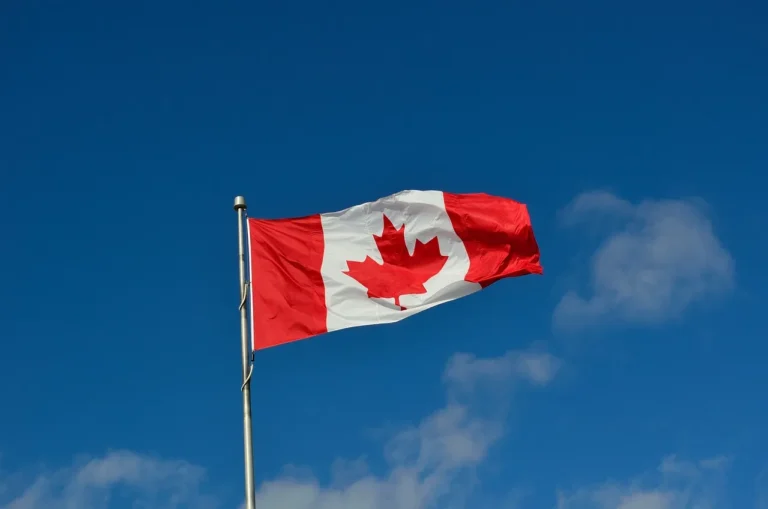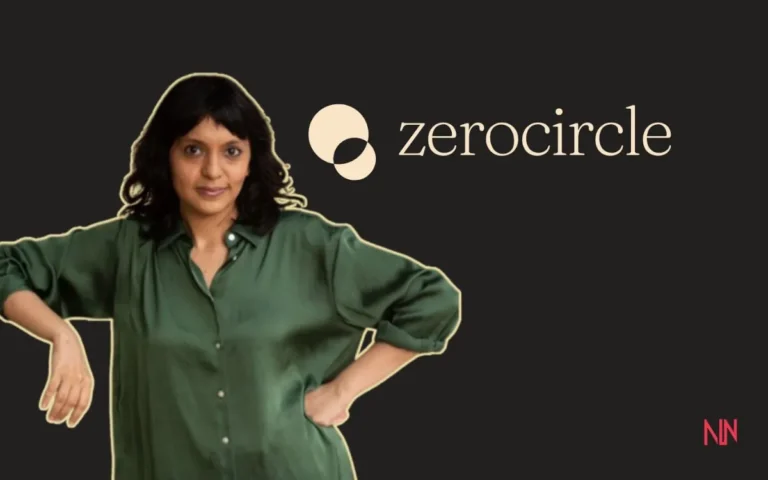Uber, Ola Have Different Prices on Android and Apple? India Starts Probe
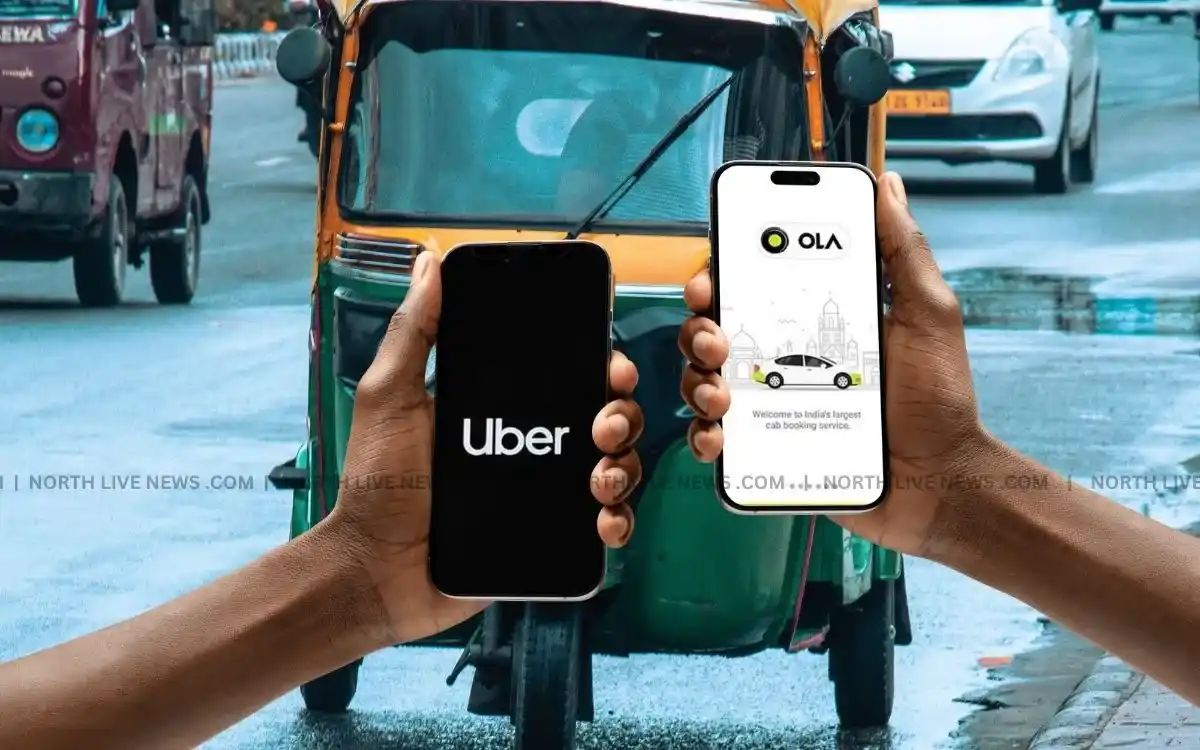
Uber & Ola to Face Fresh Probe in India? | India’s Consumer Affairs Minister, Pralhad Joshi, has ordered the Central Consumer Protection Authority (CCPA) to investigate claims of unfair pricing practices by ride-hailing services (like Uber & Ola). The controversy revolves around reports suggesting that users on Android and iPhone devices are being charged different fares for the same ride.
Joshi took to X (formerly Twitter) to express concern over the issue, stating that charging varying fares for identical rides based on the smartphone used appears to be an “unfair trade practice.” He described the practice as a “blatant disregard” for consumer rights and emphasized the need for transparency in pricing. The minister has called for a thorough inquiry by the CCPA, urging the watchdog to submit a report as soon as possible.
Zero tolerance for consumer exploitation!!
This Prima Facie looks like Unfair Trade Practice where the cab-aggregators are alleged to be using Differential Pricing based on the factors mentioned in the article below. If so, this is blatant dis-regard to Consumer’s right to know.… https://t.co/Iq7FXE6ROc
— Pralhad Joshi (@JoshiPralhad) December 26, 2024
Uber & Ola to Face Fresh Probe in India?
The investigation comes after a news report revealed that ride fares for the same destinations in Chennai varied depending on whether users were booking via an Android or an iPhone. iPhone users were reportedly charged higher fares for identical rides compared to Android users. This prompted further discussion on social media, including a LinkedIn post where a user pointed out the noticeable price discrepancy when booking the same trip on Uber using different devices.
ALSO READ – How QR Code reunited 10 missing children with their parents in India
In response to the controversy, Uber reportedly denied that the differences in pricing were linked to the type of phone being used. The company explained that other factors such as pick-up points, estimated time of arrival (ETA), and drop-off points could result in fare variations. Uber stated that its pricing is not personalized based on the rider’s smartphone manufacturer.
The issue of differential pricing is not new in the ride-hailing industry. In 2016, a class-action lawsuit was filed against Uber Technologies and its former CEO, Travis Kalanick, accusing the company of price-fixing practices. The lawsuit claimed that Uber’s pricing algorithm unfairly increased fares during peak demand times, such as during inclement weather or on holidays.
What Do the Stats Say?
The scrutiny on Uber comes at a time when the company continues to show significant growth. In 2023, Uber generated a total revenue of $37.2 billion, marking a 16% increase compared to the previous year. Of this, $19.6 billion came from its ride-hailing segment, while $12.1 billion was generated from delivery services. The company’s ride-hailing services saw impressive growth, with Uber drivers completing a record 9.44 billion trips, nearly two billion more than in 2022. Uber’s monthly user base also expanded, reaching 137 million people, an 11% increase from the previous year. (Uber & Ola to Face Fresh Probe in India?)
Meanwhile, Uber’s competitor, Ola, has also been a significant player in the ride-hailing market. As of 2020, Ola had 200 million customers globally and operates in over 250 cities across India, Australia, New Zealand, and the UK.
In addition to the investigation into ride-hailing apps, Joshi has instructed the CCPA to examine similar differential pricing practices in other sectors such as food delivery and online ticketing. This move signals the government’s heightened focus on ensuring consumer protection and promoting transparency across various online platforms.


